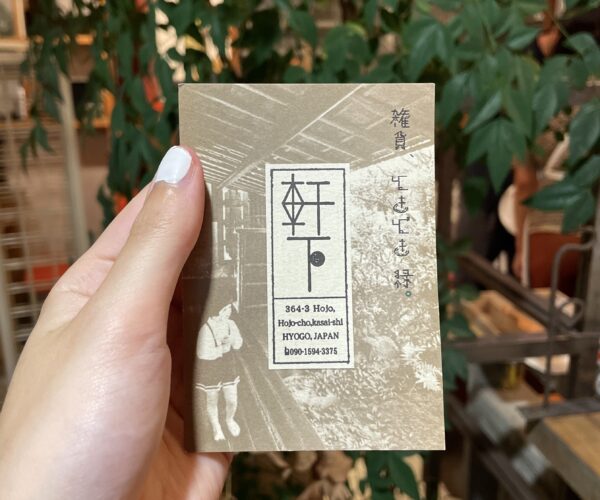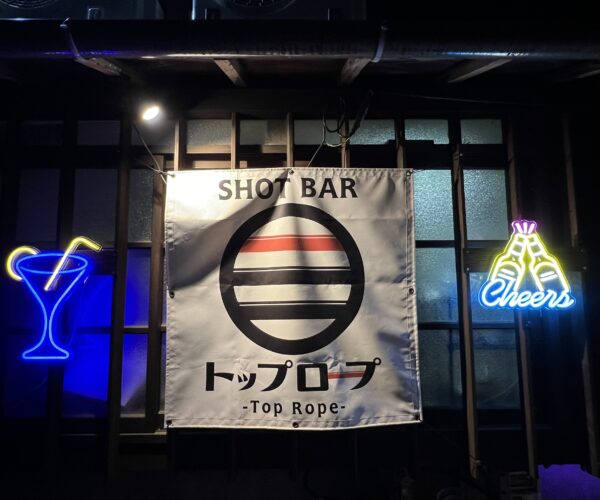This article originally appeared in the February 2024 issue of CONNECT.
Hayley Wallace (Gifu, 2021-present)
There is something I often tell people: while I was born and raised in the U.S., I became a full-fledged member of society in Japan.
I’d never worked a full-time job until I taught English in Japan. At twenty-one years old, I received a nomination to become an ALT through my university’s Sister Cities Program. My senior year was mostly spent (along with obtaining a secondary teaching license) preparing endless visa documents and mentally steeling myself to bid farewell to family and friends.
Two months after graduation, I moved 10,144 km across the world to Yachiyo City, Chiba. I still remember the surreal, dreamlike quality the world had as I sat down in my little apartment, munching on edamame chips and listening to the unfamiliar, but soothing, five o’clock chimes. A storm brewed outside and I didn’t have any rain gear prepared; still, I felt oddly invincible.
It would not be an exaggeration to admit I hardly spared a second thought about my future career path during my time as an ALT. Those first three years were so immersive and full of adventure: it was like a spell had been cast on me, a second childhood.
Everything changed in my fourth year. An immediate member of my family was diagnosed with stage four cancer. I signed paperwork to break contract, used my remaining nenkyuu to take care of cleaning and grieve. I packed nearly four years of my life into two suitcases in the span of twelve days. Then, I made the journey home.
Stranded back in America, in a constant high-stress situation, a reality I had avoided in Japan tackled me to the ground: the next step. I needed to provide for myself. I needed stability in order to weather the storm. The question to myself was: would those years as an ALT really amount to anything insofar as work? Had I spent all that time in Japan for nothing?
Of course, the answer was no. A resounding no, at that. In fact, my time as an ALT has had a profound influence on every single career path I’ve embarked on since. The experience of working internationally has opened countless doors for me, ultimately bringing me full circle back to Japan, eight years after leaving. But it took me some time to discover the value of my ALT experience for myself. So, to help current ALTs experience a “softer landing” than I did returning home, I’d like to share where one of those first doors took me.
A year after moving home, I interviewed for the position of assistant instructor for an Intensive English Language Institute affiliated with my former university, the University of Texas at Tyler. The institute offered six different levels of language immersion courses for adults in America wishing to improve their English and go on to enroll in American universities. I taught students learning English for the first time as well as those already writing college-level dissertations.
It was my responsibility to create their syllabi, coursework, and exams for class. Having never taught English in such an environment before and not being the holder of an ESL certificate or a Master’s Degree, when I was found qualified and subsequently selected for the role, I truly felt underprepared. Looking back, I imagine that I landed the job because of my experience overseas, teaching ESL in Japan, and my ability to adapt to and understand different cultures. Ultimately, that enabled my success in the position once I adapted to the workload.
My students at the institute were from all over—Vietnam, the Middle East, Kenya, China—and each brought with them, into my lectures, their respective reasons and ambitions (or lack thereof) for learning the English language. I can remember to this day the variety of students who walked through my classroom door; students who refused to disclose their reasons for absence because I ‘was just a woman;’ students who gave impressive speeches on robotics and the future of neuroscience; students who confided in me that they worked for employers that denied them lunch breaks, but that their need for the job kept them from taking any real action.
I would always tell my beginner students that I understood how they felt as adults starting from square one with another language. The frustration of being seen as less than you were because of your fluency level or having so many complicated thoughts and concepts that you want to express, but being years away from obtaining the vocabulary to do so.
I remember the relief in their eyes at my ability to empathize as well as their appreciation for how slowly and clearly I spoke without making them feel infantilized. That wasn’t something I could provide because I had a natural knack for it—it was because of my experiences as an ALT.
The position also gave me the means to network all over campus. Admissions, student life, as well as various deans that held interest in prospective students and their respective fields. We arranged welcome parties, summer get-togethers, and various other opportunities to bring our students together with the rest of the community.
Working at the IELI also reunited me with Japan—a few months into the semester, it was announced that the mayor and a delegation from the city where I’d been an ALT would be coming to tour the university, including the institute. I had dined with the mayor many times in Chiba and when he discovered that I was working at the Language Institute, we were both delighted. It was arranged so that I served as his official guide and translator. While this did come about because of the Sister Cities relationship, I don’t believe it’s a stretch of the imagination by any means to think that in that position I still would have been called on to help with receiving such visitors from abroad.
I eventually moved on from the institute to new horizons, but my experience there continues to serve me well. In fact, not just myself, but others as well. I recommended a colleague of mine who had a dream of going to teach in Japan someday to the Institute—she received a job there and, later, her supervisors helped to recommend her for the JET Program.
I don’t think anyone could have warned me how hard the transition back home to America could have been. Honestly, even if they had, I wouldn’t have listened. Like most of life’s biggest challenges, it just had to sucker punch me. However, what might have gotten through to me is the message I hope to have conveyed here: the ALT experience gave me a plethora of skills that I shouldn’t underestimate. It didn’t just give me a key to Yachiyo, but rather a ring full of keys for all the doors I would go on to open, including the one that led me right back here to Japan.
Hayley Wallace currently serves as a Coordinator of International Relations (CIR) and Prefectural Advisor for the JET Program in Gifu. She has worked previously as a standardized patient director and a library reference assistant, amongst other roles. Her travels have taken her to South Korea, Cambodia, the Republic of Turkiye, and many other countries.




